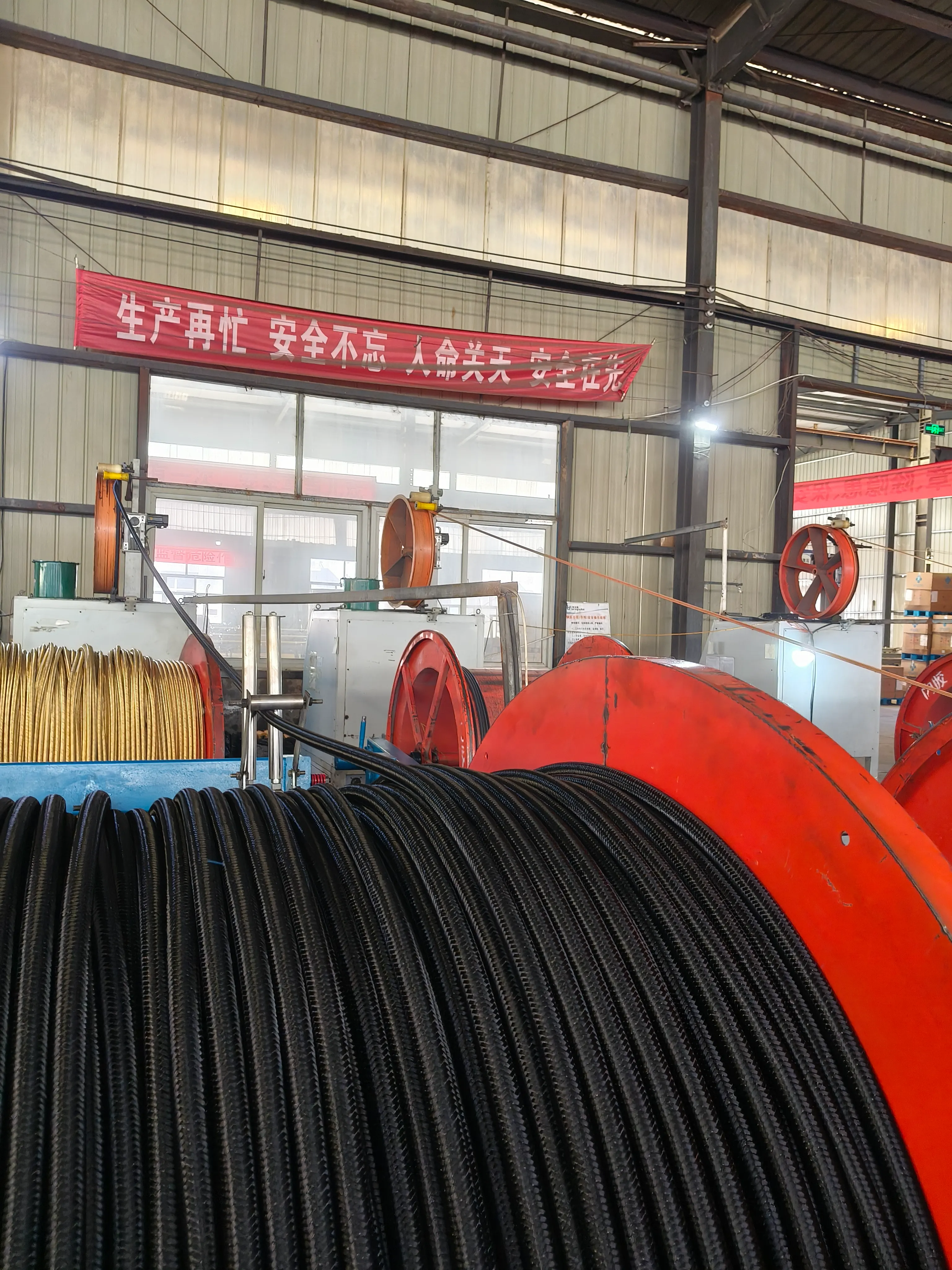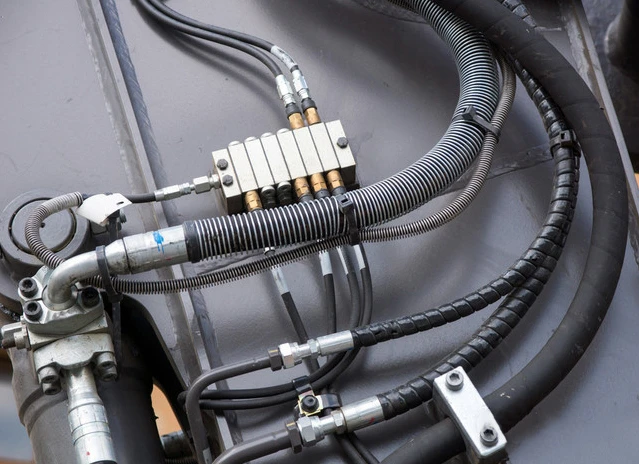Understanding the intricacies of hydraulic hose sizes is crucial for anyone involved in industries requiring heavy machinery or hydraulic systems. The correct sizing ensures optimal system performance, prevents costly equipment failures, and extends the lifespan of the hose assembly. This article delves into the essential aspects of hydraulic hose sizes, providing insights into their importance, the science behind sizing, and expert recommendations on selecting the right size for your needs.
Hydraulic hoses are designed to transport hydraulic fluid between components within a hydraulic system. These hoses must withstand high pressures and the often harsh operating conditions of industrial environments. Selecting the right size is not just about fitting the hose into the available space but ensuring it can handle the pressure requirements without failure.
A hydraulic hose's size is determined by its internal diameter (ID), outer diameter (OD), and length. The internal diameter is crucial as it affects the flow capacity of the fluid; too small, and the system will suffer from increased fluid velocity leading to potential heat build-up and inefficiency. A wider diameter allows for better flow but may require more space and structural support.
Understanding the 'Dash Size' system is essential for anyone choosing hydraulic hoses. It is a standardized system, where each dash size represents a 1/16-inch increment of the hose’s internal diameter. For example, a -08 hose has an internal diameter of 1/2 inch (0.5 inches). Selecting the correct dash size ensures compatibility with other system components, such as fittings and adapters, which also follow this sizing convention.
Pressure rating is another critical factor dictated by hose size. Each hydraulic hose has a maximum operating pressure, which decreases as the ID increases, due to the thicker wall required on smaller IDs to contain the pressure. This balance is critical; for instance, using a smaller hose than required may result in excessive pressure loss, while a larger hose might not withstand system pressure.hydraulic hose sizes
Temperature range and fluid compatibility are other factors influenced by the hose's material composition but are closely linked to its size. Larger hoses dissipate heat better due to larger surface areas. However, considering ambient conditions and fluid type is necessary to avoid degradation.
Industry experts emphasize the importance of ‘hose assembly’, which combines the hose and its end fittings. The hose assembly must maintain a bend radius, avoiding kinks and stress points that could compromise efficiency and safety. Ensuring the assembly rigging allows for natural flexibility and movement within its operation environment extends hose life and reliability.
For best practices, always consult with professionals or refer to the manufacturer’s specifications when assessing size. Adopting a 'Size, Pressure, Ends, and Delivery (SPEED)' approach can simplify selection, focusing on matching correct size and pressure ratings, compatible end fittings, and desired material delivery efficiency.
To summarize, while choosing the right hydraulic hose size might seem straightforward, its impact on system efficiency, reliability, and safety is monumental. A high level of expertise, whether through experience or thorough research, is necessary. Aligning with industry standards and actionable guidance from authoritative bodies like SAE (Society of Automotive Engineers) and ISO (International Organization for Standardization) builds a credible foundation for decision-making, enhancing trust in the hydraulic systems deployed across various industries.
OUR LATEST NEWS
Strict quality control strict production team to ensure stable products quality. Scientific personnel management, efficient production arrangements to ensure our timely delivery.























